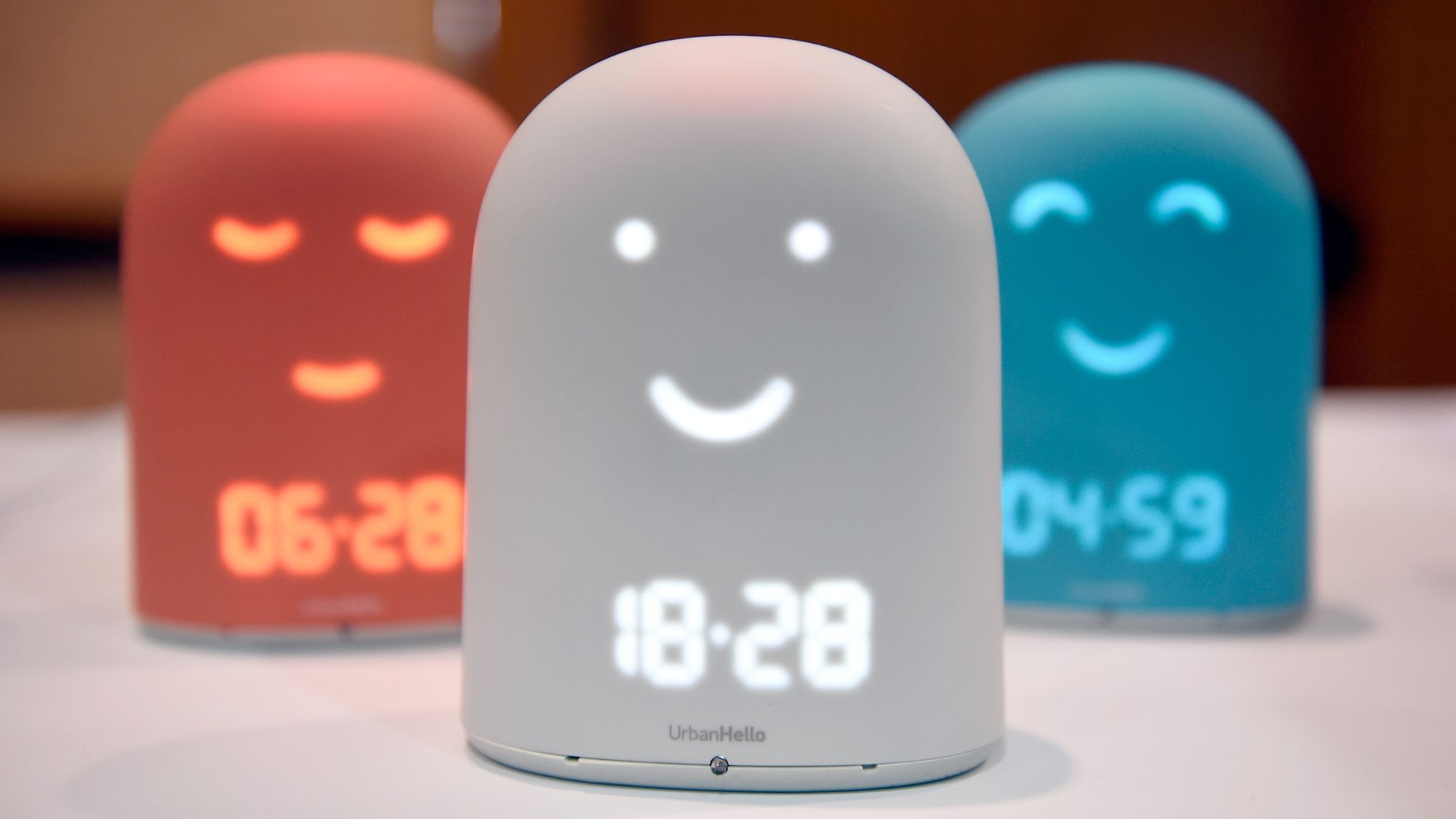New study suggests hitting the snooze button may be no bad thing
People who delay getting up perform better in some cognitive tests, research finds

A free daily email with the biggest news stories of the day – and the best features from TheWeek.com
You are now subscribed
Your newsletter sign-up was successful
Contrary to the conventional wisdom about the negative effects of snoozing in the morning, a new study has found that delaying getting up could boost people's cognitive performance and have little overall effect on their mood and sleepiness.
Researchers "have long wondered whether snoozing affects wakefulness or sleep quality", said New Scientist, which prompted two researchers from Stockholm University in Sweden to do research into the effects of going back to sleep.
The scientists conducted a two-night laboratory study with 31 participants to assess subjects' sleepiness, mood, cortisol levels and performance on a series of maths and cognitive tests after waking up.
The Week
Escape your echo chamber. Get the facts behind the news, plus analysis from multiple perspectives.

Sign up for The Week's Free Newsletters
From our morning news briefing to a weekly Good News Newsletter, get the best of The Week delivered directly to your inbox.
From our morning news briefing to a weekly Good News Newsletter, get the best of The Week delivered directly to your inbox.
The results were "surprisingly" positive, said Forbes. Participants who snoozed "exhibited improved memory functioning and solved simple addition questions faster in cognitive tests than participants who did not use the snooze button", though that performance was heightened only immediately after participants woke up, and tapered off when measured again 40 minutes later.
The researchers also found that cortisol levels were slightly higher after snoozing, but that there were no differences in sleepiness or mood.
Assessing the findings of the research, one of the study's authors, Dr Tina Sundelin, said that despite the slight loss of sleep from hitting the snooze button, people who regularly delay getting up should feel free to continue doing so "if you enjoy it".
The study was limited by the small sample size and the fact that it relied on self-reporting by participants, Live Science noted. However, the findings may "open doors for future research into people's waking habits, such as the different ways in which snoozers wake up".
A free daily email with the biggest news stories of the day – and the best features from TheWeek.com
Arion McNicoll is a freelance writer at The Week Digital and was previously the UK website’s editor. He has also held senior editorial roles at CNN, The Times and The Sunday Times. Along with his writing work, he co-hosts “Today in History with The Retrospectors”, Rethink Audio’s flagship daily podcast, and is a regular panellist (and occasional stand-in host) on “The Week Unwrapped”. He is also a judge for The Publisher Podcast Awards.